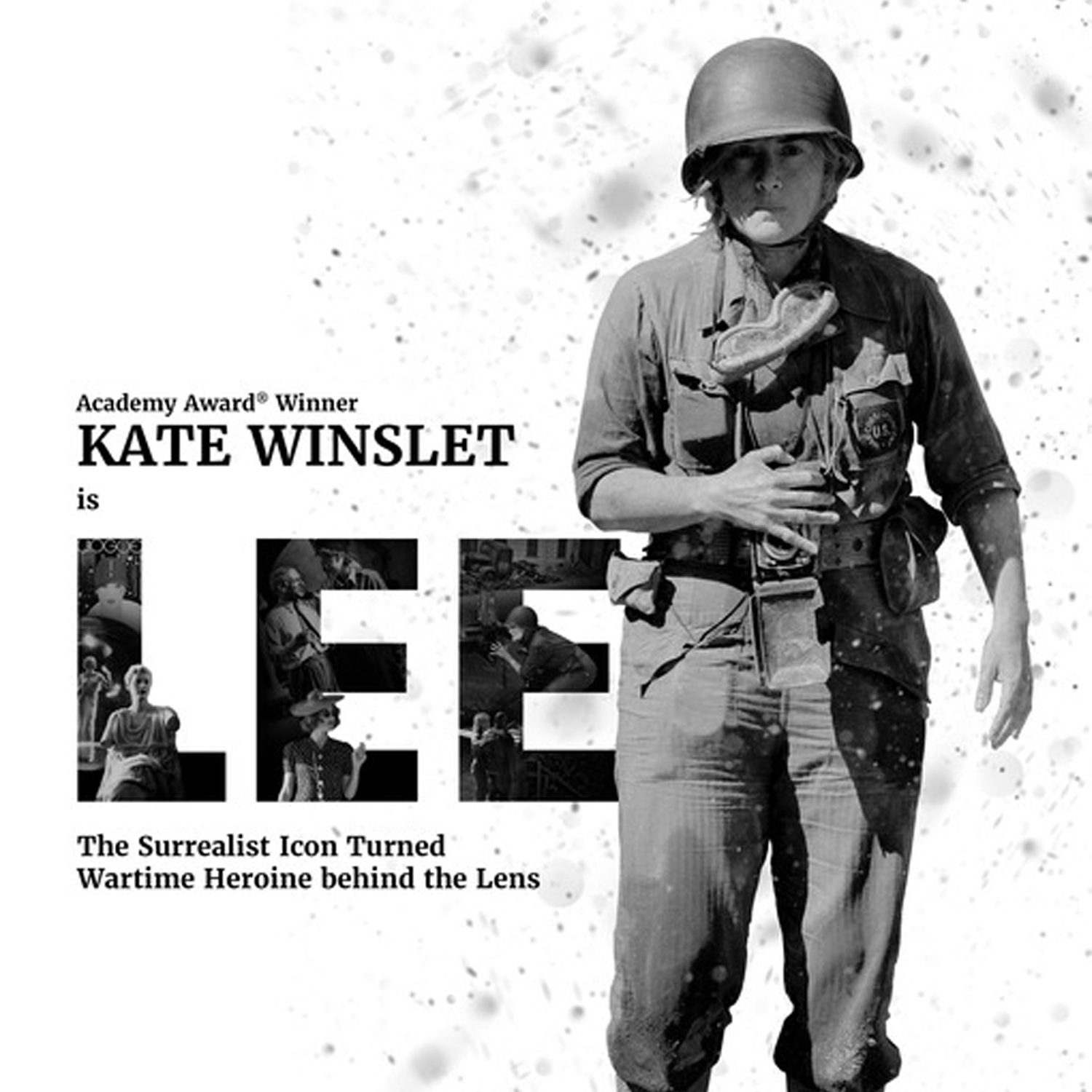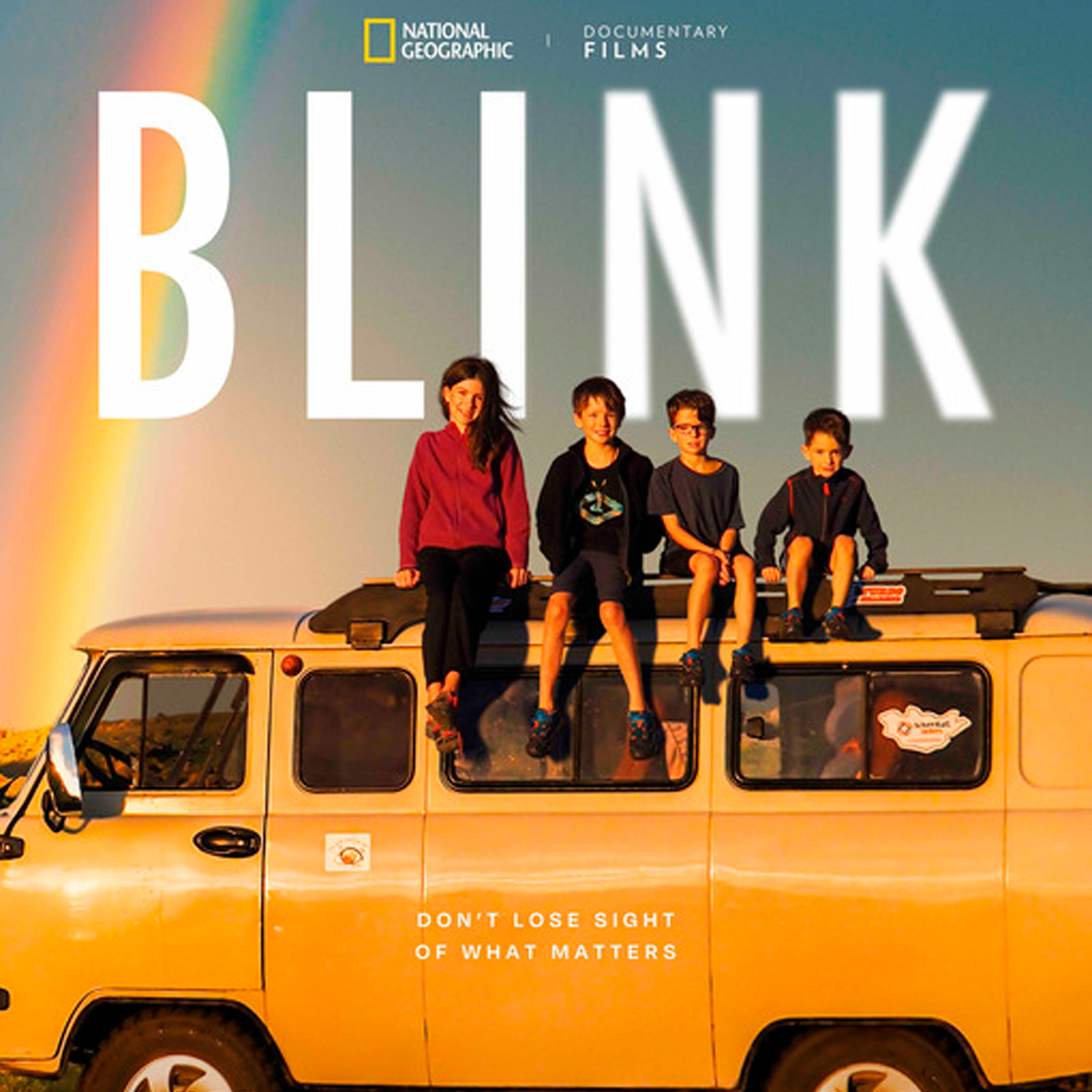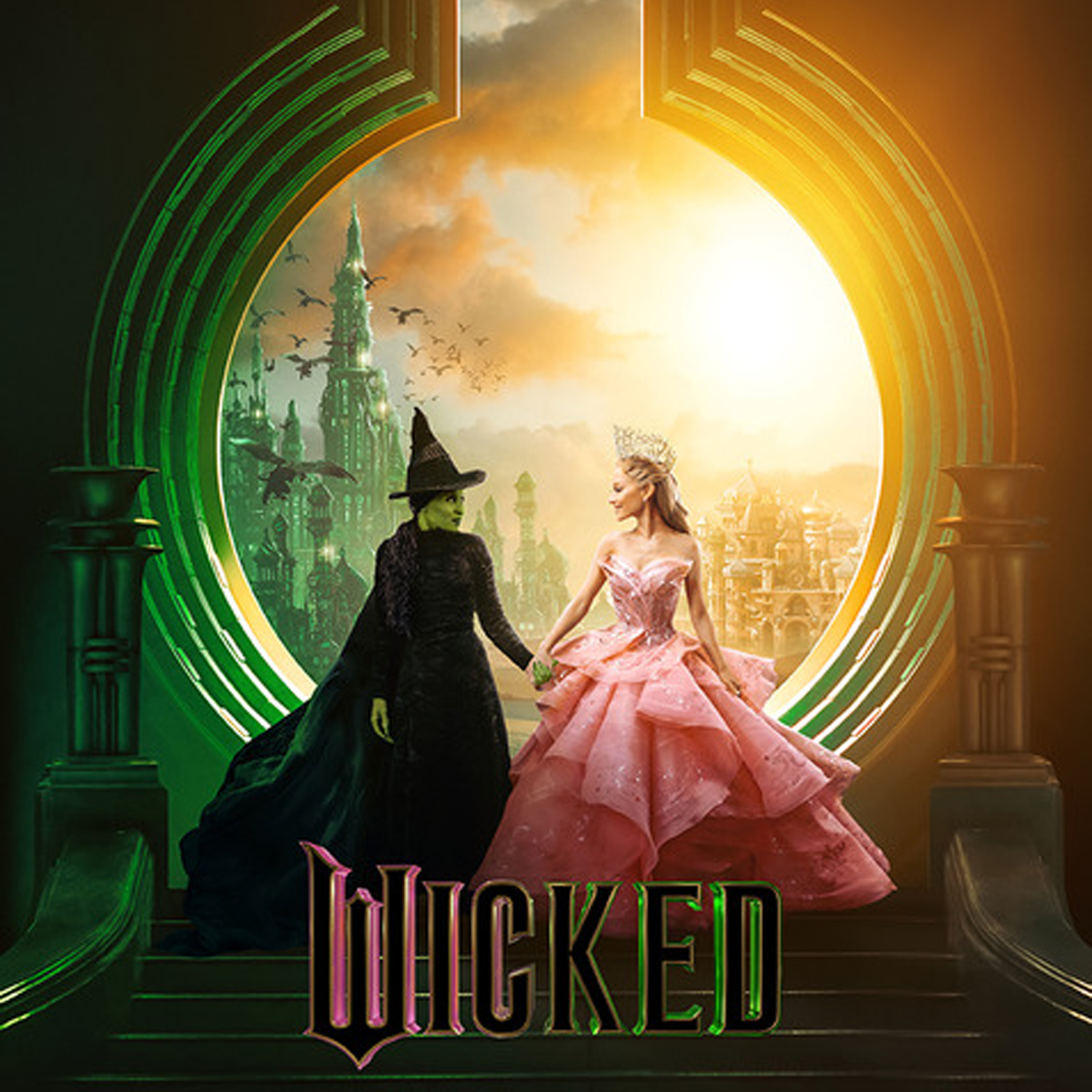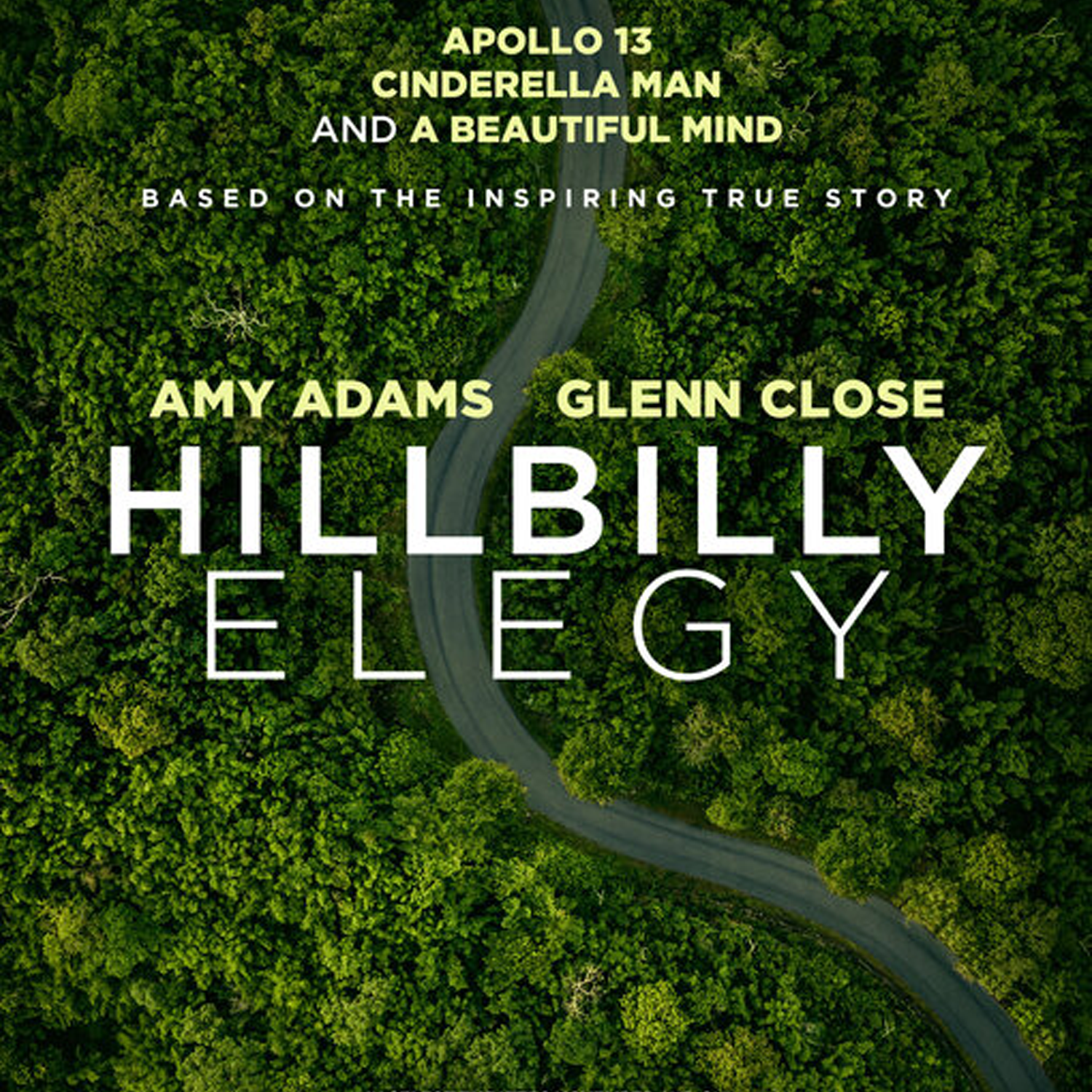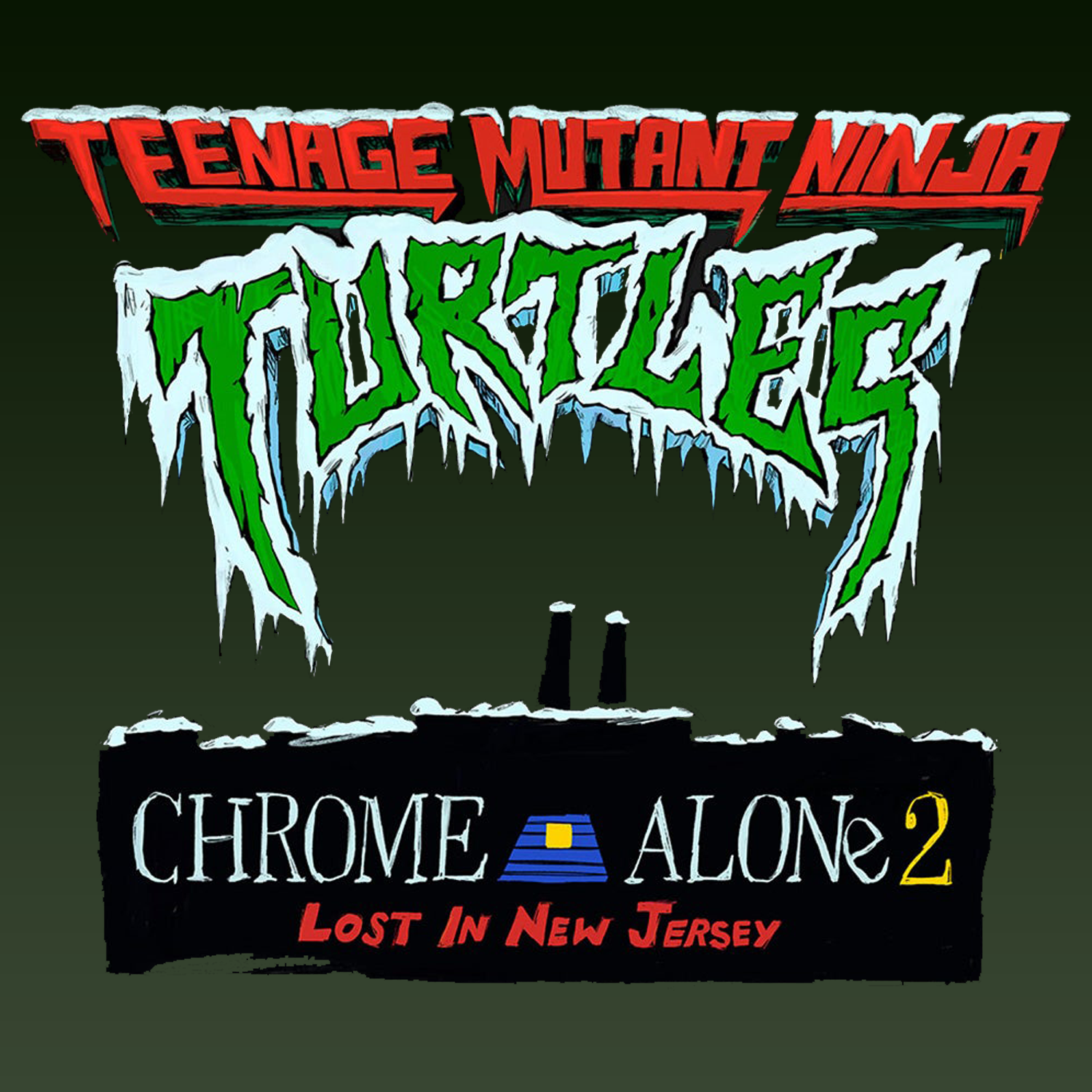Episode Transcript
[00:00:00] You know, once in a while there's a movie that comes along that just finds some way to break you down to your soul.
[00:00:09] Now you may be thinking, wow, what a way to start the program. Welcome back. This is another episode of Movie Deputy Reviews where I am deeply interrogating a true story.
[00:00:23] The story that we're going to be talking about today is to say that it is an emotional ride is.
[00:00:32] I don't. I don't. I just don't think that sums this up accurately enough.
[00:00:37] This is the story of Lee Miller. She was a noted photographer and correspondent during World War II and it was she. She had took pictures and shared things from World War II that many people were afraid to showcase back then. And she had the galls to do so.
[00:01:00] Now, mind you be noted that I did say galls, not the other. But honestly, she had a bigger set of those than half the guys too. I mean, at least of those that she was interacting with, this story is one that it will break you down to your soul.
[00:01:22] This one is not. Okay, I don't know if you've ever. If this is your first time here, welcome. I love that you're here if you are a regular listener. You know, I always say that history shouldn't be pretty. History should be taught as raw, as real, as brutal as it was. It should not be toned down, it should not be softened. It should not be muted. It should not be dumbed down for a better word, better way of saying that.
[00:01:52] And this is not any of that. This is raw. This is real. This is difficult to watch at times.
[00:02:03] This is absolutely in your face without being in your face. This was her. This was her life.
[00:02:12] And what we see from the beginning is her son asking her questions.
[00:02:18] Now, this is not the story about some random person. Lee Miller was an actual, like, war correspondent and photographer and she just did amazing things. She did things that women didn't do back then. And in doing so, she made history. But her name has all but been forgotten. And so this story is told from both her and her son's perspective because her son is asking her these questions about her life and it's her answering these questions in this form. It's not a documentary. It is a. It's an in depth biopic of source, not a direct biopic. Obviously, this is not Lee Miller. But the way that it's done will.
[00:03:05] This will break your soul. I mean, there is no other way to really put this.
[00:03:13] It is a ride that we get to come along with her on and we see that she Went from being this risque individual who lived a risque life and how she turned it around to become such a historic figure that's been nearly lost to time.
[00:03:33] And we get to go along with that. She is so iconic for some of her war images and for some of the things. And this shows the pieces of war that are brutal, the pieces of war that you're like. You just ask yourself, how, why? What is it that caused this? How did this happen? How did this come to be?
[00:04:02] And we just get to share in her journey of all of this and her stories of love and loss and heartache and heartwarming moments. And it's just raw. And there are. There is strong language, there's nudity, there's violence. There's everything that you don't really know that you want to watch in a movie until you do. And then you're so glad that you did. You're not so glad that you saw these brutal pieces of history, but you're glad that you got to experience it from her perspective. All of this is from her perspective. And we see her photos and we see her story, and we watch this unfold.
[00:04:52] There was only one fairly large error that I caught in the movie that just. I could not just look away from letting it go because it was just kind of.
[00:05:03] Things like this just bug me personally. But in this one scene, she's reading this Paul Elard. I'm going to totally mispronounce that poem. And the poem that she's reading is titled Liberty, and it's got the word liberty right at the top. And it is five little verses, not verses. My brain is blanking. But it's the. Where the poem is broken up into different parts. It's got five stanzas of those.
[00:05:33] And she's reading this, and she's sitting there, and it says, on my school books, on my desk, and on the trees, on the sand, on the snow, I write your name.
[00:05:44] And so I was like, okay, but that. I had read some of Paul Eliard's work in the past. And so I was like, okay, something's not quite right here. Well, I was doing some research on this, and the poem that she's actually reading from is entitled Freedom. Liberty is also one of his works, but that is not the poem that she's reading from, the poem that she's reading from on the paper.
[00:06:09] The actual name of that poem is entitled Freedom. And if you check out the text part underneath the podcast here, you'll see that I have the entire Freedom poem and the entire Liberty poem there for you to read on the freedom one. I do have asterisks above and below the stanzas that are pictured on the one on the screen of the movie.
[00:06:28] But I don't know if you're going to be interested in that or not. But just in case you are, it's there for you. It's that way. You don't have to hunt all over the Internet to find it. Now, you may be wondering what score and what rating I am giving Lee. Well, that is.
[00:06:43] That's. This is actually probably going to surprise you or it might surprise you and it might not. Obviously, Leah is getting a guilty rating. I'm talking about the violence and the gore and the language and all that. So this is not a movie for younger children. This. There are things here that are difficult for even adults to watch, but it is done so beautifully and so. And I don't. I don't want to call this beautiful. I don't want to call the depravity and the brutality of this beautiful. But there. But there is a beauty to it because it's not beauty because it's beautiful. It's not beautiful because it's beautiful. It's beautiful because it's true.
[00:07:26] It's not dumbed down. It's not muted down. It's not filtered through the eye of whatever could reduce it. It is just presented.
[00:07:43] And if it's too much, so be it. But if it's not, it, like history just needs to be taught as it is. That's what this, that, that this dares to go there.
[00:07:56] This is one of the pieces of history that is presented in such a way that doesn't make you feel dumbed down for watching it. It makes you feel like you've learned something. It makes you feel like you've learned not just about Lee Miller, but that you've learned about history. You've learned about things that happened that aren't the happy little stories that you. That you want to hear about history.
[00:08:26] And so like I said, this is going to be too much for some people, but it's not going to be too much for everybody. But only because of this, only because of some of the content is where I know it's going to be too much for some.
[00:08:39] I am giving Lee a 7.75 out of 10 on the Deputy scale. Oh, I wanted to go higher on this one. I really did this one. There was just so much here, but it is so difficult to watch there. There are moments where you just want to close your eyes and turn away, but you don't dare look away.
[00:08:59] You don't dare, not because of a threat or not because of anything like that, but because she didn't have a choice.
[00:09:07] Or, you know, maybe she did. She could have looked away. She could have chosen not to tell this story through pictures and through her own life, but she chose to document it so that it would not be forgotten, so that the people would not be forgotten, so these stories would not be forgotten.
[00:09:28] So experience this for yourself and let the history carry on so that it is not forgotten. It's only when we stop telling these stories and only when we stop remembering that it gets forgotten. So don't let this go that way. Don't let Lee Miller be forgotten.
[00:09:51] So I hope that this will help you. I hope that this is one that you will take that chance on and check it out. And I would love your feedback if you do.
[00:10:01] And as always, I love bringing stories like this to you, like other biopics that I've brought to you, like the comedies and the horror and the drama and everything else along the way. It's part of the fun of the doing this is watching movies like this that I normally would not have seen and being able to bring them to you. Because I'm guessing a lot of people have probably never even heard of this movie, as the title of it is purely just Lee. It's like, okay, what's that supposed to be about? How am I supposed to know anything about this?
[00:10:37] That's what I'm here for, and that's why I'm hoping you're going to push the right buttons. You always get the latest and greatest movie deputy content. And as always, I'll be back soon. Bye.
